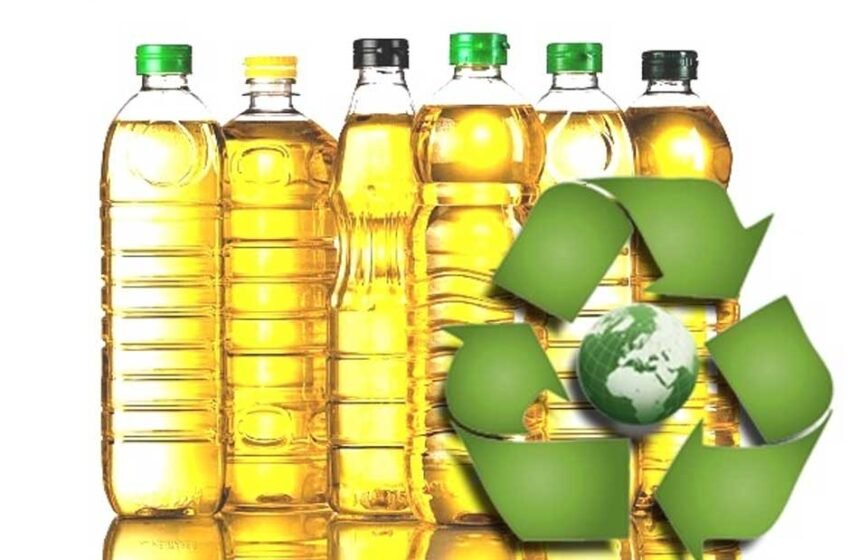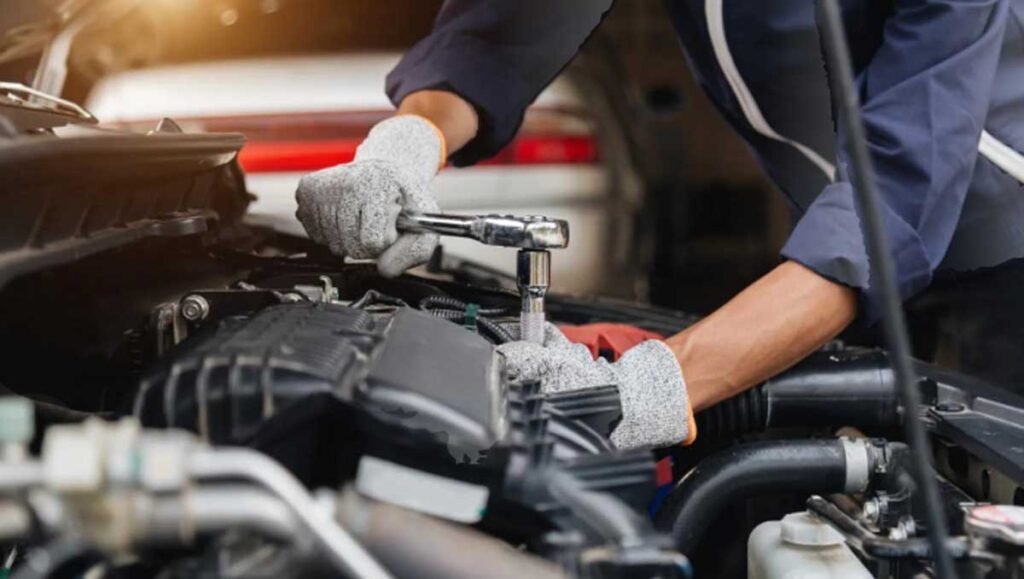The Importance of Recycling Cooking Oil to Help the Environment in Miami and Beyond

If you’ve ever stood over a fryer and wondered what to do with the leftover oil, you’re not alone. Whether you’re running a restaurant in Wynwood or cooking for your family in Little Havana, how you handle that leftover grease matters more than you might think. Miami has its own systems in place for collecting and recycling used cooking oil, and participating in them helps more than just the city’s pipes—it directly supports environmental health. In a place surrounded by water and vulnerable to pollution, this kind of action adds up. Here’s what you need to know about how oil recycling works in Miami, why it matters, and what small choices you can make today that have a ripple effect tomorrow.
Smarter Restaurant Supplies can Affect the Planet and Your Budget
Let’s start with the choices made in commercial kitchens. Every business knows that efficiency is key, but not every business considers how the supplies they use fit into the bigger sustainability picture. Something as simple as switching from single-wall to double-wall cups can reduce waste, keep drinks hotter for longer, and cut down on the need for wasteful add-ons like sleeves or double-cupping. This kind of choice might seem small, but it actually contributes to a broader effort: minimizing environmental impact while improving operational cost control.
Now think about cooking oil in the same way. When restaurants plan their supply use with sustainability in mind—from containers to ingredients—they can also create systems for collecting and recycling cooking oil. Just like double wall cups are a quiet win for both cost and waste reduction, routine oil collection and recycling keeps the kitchen efficient and supports environmental stewardship.
Facts About Oil Recycling in Miami
This is where it gets real. Oil recycling in Miami is more than just a catchy phrase—it refers to an organized effort across the city to safely collect used cooking oil and convert it into usable products like biodiesel. Instead of pouring it down the sink or tossing it in the trash, Miami businesses and households are encouraged to collect their oil in sealed containers and bring it to designated drop-off locations or schedule pickups with certified haulers.
Doing this protects the sewer system from major damage. When oil is dumped improperly, it congeals in pipes and combines with other waste to create massive blockages that can overflow into streets and waterways. In a coastal city like Miami, that’s not just a plumbing issue—it’s a serious environmental threat. Recycling the oil ensures it’s handled safely and often turned into fuel that powers vehicles, heating systems, or industrial machinery.
What Really Happens to Oil After it Leaves Your Hands
Once used oil is collected from homes or businesses, it enters a processing system that filters, cleans, and transforms it into usable materials. The most common destination is biodiesel production. This alternative fuel is used across the country to power buses, trucks, and construction equipment. Because it’s made from renewable resources—like your leftover fryer oil—it produces significantly fewer greenhouse gas emissions compared to traditional fossil fuels.
That alone is a big win. But the benefits don’t stop there. Recycled oil can also be used in industrial lubricants, soaps, and even some cosmetics. The key here is processing. It’s not just a matter of skimming off the top—it involves serious filtering and purification to make the oil usable again. Miami’s role in this loop is crucial because it provides the raw materials needed to keep the recycling system running.
Miami’s Geography Makes Oil Recycling Even More Urgent
Miami isn’t just any city. With its location surrounded by water, canals, and delicate marine ecosystems, the region faces unique environmental vulnerabilities. Any grease or oil that gets into the sewage system has a high chance of ending up in Biscayne Bay or nearby wetlands. Once there, it can disrupt aquatic life, damage habitats, and affect water quality.
That’s why proper oil recycling here is about more than urban cleanliness—it’s about protecting one of the region’s most important natural resources. The city’s environmental policies are shaped by the reality of its geography, and oil recycling is part of a larger strategy to protect coastal waters from pollution and runoff.
Even inland areas aren’t exempt. Stormwater systems can carry improperly disposed grease into drainage canals that lead to the bay. So whether you’re grilling at home in Coral Gables or running a food truck downtown, what you do with your cooking oil matters. Choosing to recycle keeps that oil out of the environment and even helps maintain the balance of Miami’s sensitive ecosystem.





